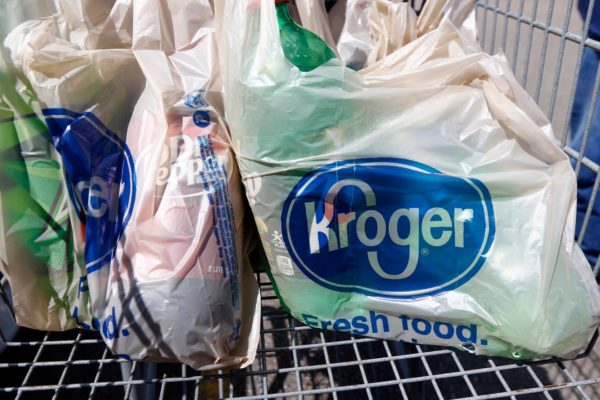Boyar Research, a premier equity research firm, recently provided an overview of the wide-ranging business changes that the pandemic has turbocharged. Specifically, it accelerated e-commerce evolutions to satisfy consumer demand. As consumers moved online, the number and types of businesses using e-dollars increased significantly. Boyar pointed out that consumers can now buy their groceries, fill prescriptions, hire a tradesperson, and see a doctor all through their web browser.
Boyar further noted during the past decade E-commerce has grown from 5% of total retail sales to 15%. The pandemic altered consumer purchasing behavior by creating greater opportunities for companies to service their customers. A biproduct of the increase of e-commerce has been the need to develop supply chains to meet consumers’ expectations for speed (same day and next-day delivery) and reliability.
E-commerce has provided conferencing platforms like Zoom and WebEx, co-working platforms like GSuite and Microsoft Office, and team communication platforms like Slack. To stay profitable, traditional brick-and-mortar businesses, such as retailers and restaurants, added services such as websites and established online retailing operations. Grocery stores embraced curbside pickups and personal shopper sites like Instacart. Instacart provided an additional $3.5 billion increase in grocery sales in the first two quarters of FY 2020. This accounted for $35 billion dollars in gross bookings (5% of what Americans spent on groceries in 2020).
E-commerce provides novel selling platforms. If companies have trouble getting retailers to adopt their product, they can create their own national or international direct-to-consumer businesses and promote themselves globally at a low cost through social media platforms.
Online marketplaces provide significant flexibility over brick-and-mortar stores. Boyar wrote, “While a standard business bears a cost each time it updated the prices of its inventory, whether by reprinting menus or relabeling objects on shelves, an online retailer can change prices daily in response to supply and demand. As a result, online retailers can more quickly pass-through fluctuations in the cost of their inventory, improving their margins.”
Work has come home for many people. For lunch, people have the option of ordering in from almost any restaurant through delivery services like Uber Eats and Door Dash.
To relax after work, people can enjoy streamed movies through services like Netflix and Disney+, books can be accessed through Amazon Kindle, and audiobooks or podcasts can be listened to through Audible or Spotify.
Platforms like Facebook and Snapchat help friends and family stay connected while 40 million Americans use online dating websites.
The following companies reflect different e-commerce capabilities.
DocuSign offers e-signature and other cloud-based transaction products and services. The company is starting to build a much bigger business around Agreement Cloud. Agreement Cloud helps two parties come together to autogenerate contracts, allowing for back-and-forth negotiations between parties.
Cisco is the largest broad-based networking provider of hardware, services, software, and cybersecurity company in the world.
Uber has expanded its traditional business line beyond allowing consumers to instantly book and pay for rides in cities around the world. They added a food delivery and freight business, with $50 billion of gross revenue, now exceeding its rider revenue.
GXO is the largest pure-play global contract logistics company, providing its customers with high-value-add warehousing, distribution, and order fulfillments.
I have lived most of my life where the great companies were household names such as Coca Cola, General Electric, General Motors, Sears Roebuck, Exxon and U.S. Steel. These companies trace their origins to the 1900’s. For a variety of reasons, they now have diminished status.
The pandemic has unleashed a whirlwind of E-commerce innovation. I recognize that my understanding of the size and scope of E-commerce has no greater perspective than a blind man who only touches the tail of an elephant. Hopefully, my children and grandchildren can expand my vision.
Originally published in the Sarasota Herald-Tribune




